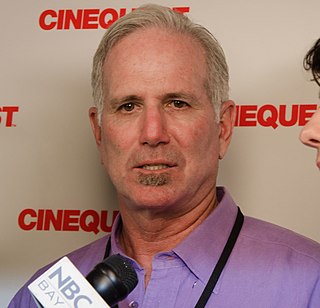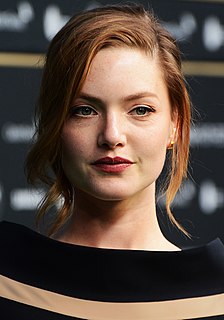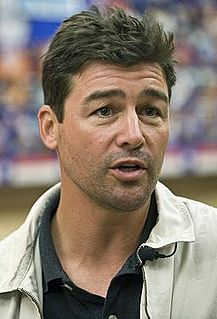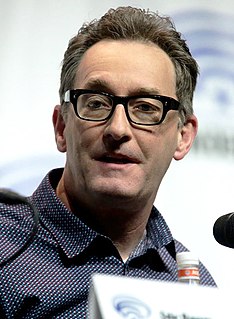A Quote by Takashi Miike
When you try to be true to the script, changes occur. A script is there to show us a certain direction. But when you actually have the actors in and you start shooting the movie, you have the actor say a line and it doesn't sound right so you change it and make it different. It's the script that gives birth to these changes and the more you try to stay true to the script, the more that happens.
Related Quotes
Any good movie or script usually, if they're doing their job, gives the highest platform possible for an actor to leap off of, and that script was very high up there. It was a very smart, tight script. There was a lot of improv, as well, once we got to the set, but a lot of the original script was also in there.
We see only the script and not the paper on which the script is written. The paper is there, whether the script is on it or not. To those who look upon the script as real, you have to say that it is unreal - an illusion - since it rests upon the paper. The wise person looks upon both paper and script as one.
In terms of how I work with actors, having worked so heavily on the script I have a very clear idea of the characters; they are reasonably well illustrated in the script. If you cast it right, to a great degree you can hand it over to the actor and I just make suggestions. I'm not the kind of director who needs or wants to get into too much finessing. Ideally, when you hit the set, you have this conversation, like, 'eh, what did you think?' 'I don't know, what did you think?' 'Why don't we just try it again, make a few physical changes.'
I have never seen a script that hasn't gone through at least eight different iterations before they even begin filming, and frequently what is filmed is not what's in the script, because things change on the ground. An actor can't say a particular line. An actor will have a brainstorm and ad lib something utterly brilliant.
When you start out as an actor, you read a script thinking of it at its best. But that's not usually the case in general, and usually what you have to do is you have to read a script and think of it at its worst. You read it going, "OK, how bad could this be?" first and foremost. You cannot make a good film out of a bad script. You can make a bad film out of a good script, but you can't make a good film out of a bad script.
The way I pick movies is, first, if the script is any good. Then, if the script is good, who else is in it, the director, the producer, all that. If you have all that, there's a chance the movie will be great. If the script isn't right, or the director or cast isn't right, you've got no shot in hell.
I don't think fast enough on my feet in terms of the writing to change the script too much when I'm shooting it. I like to have it set and done and know that I feel good about it and I might add a few lines here and there while we're shooting, if I think of a new joke, I might toss it in, but for the most part, I try to stick to the written script and have all the latitude exist within that.





































